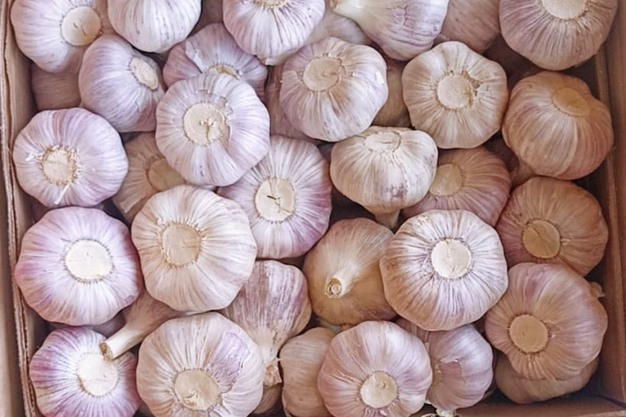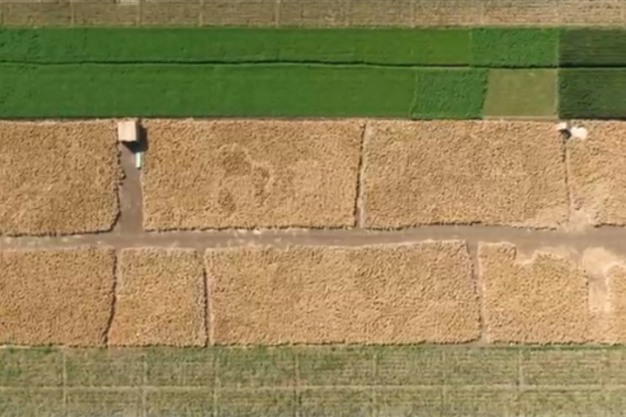Despite strong demand for Egyptian garlic last season, which far outstripped supply, the area under cultivation has decreased nationwide this season. "This heralds a very dynamic coming season", says Ehab Sami, CEO of Noureen Food.
The producer told FreshPlaza: "Last year saw a global shortage of garlic, which enabled Egyptian exports to increase considerably and reach new markets. As the first harvest of the year worldwide, Egyptian garlic is eagerly awaited. However, we saw that acreage has decreased in Egypt this season. Many small-scale growers have decided to switch to other crops due to the rising costs of garlic production and in particular agricultural inputs."

"This year, demand is once again very strong, right from the start of the season," continues Ehab, "We see sold demand from Europe for white garlic varieties suitable for fresh consumption. As for red garlic, which is exported dry, we have strong demand from East Asia, the Americas, and certain European countries such as Spain, Greece, and Italy. We can't rule out new demand this year, given the global shortage and new developments that influence international trade."
Among these developments, the most influential is the crisis in the Red Sea, which is shaking up the start of the Egyptian garlic season. "It's a new parameter that creates both challenges and opportunities," says Ehab. He explains, "East Asian countries, and especially Taiwan, are major markets for Egyptian garlic. The situation in the Red Sea complicates our operations and makes it difficult to control delivery times. The other side of the coin is that it favors us in other markets, such as the Gulf States, which until now have been relying on European production."
Another challenge facing Egyptian exporters, with demand outstripping supply, is to ensure stable quality throughout the season. "Maintaining a stable quality that matches the standards of the destination countries will be the factor that determines the success of the season and will make the difference between exporters," comments Ehab.

"At Noureen Food, we are confident that we can meet the challenges of this dynamic season," says the exporter. "We have anticipated the surge in demand by increasing our acreage to 300 Feddans (126 hectares). We have over 10 years of experience in the sector, with integrated operations covering growing, harvesting, and export. We have our own farm in Menia and 3 packing stations in Beni Sweif, well equipped to ensure accurate sorting. We are Global GAP and FDA certified, and we understand the needs and export standards of our different markets."
Ehab concludes, "We reassure our new and existing customers that we have sufficient volumes to satisfy most orders this season. We'll be joining them at Fruit Logistica, in Hall 22, Stand D40."
For more information:
Ehab Sami
Noureen food
Tel: +201110003911
Email: [email protected]
www.noureenfood.com
